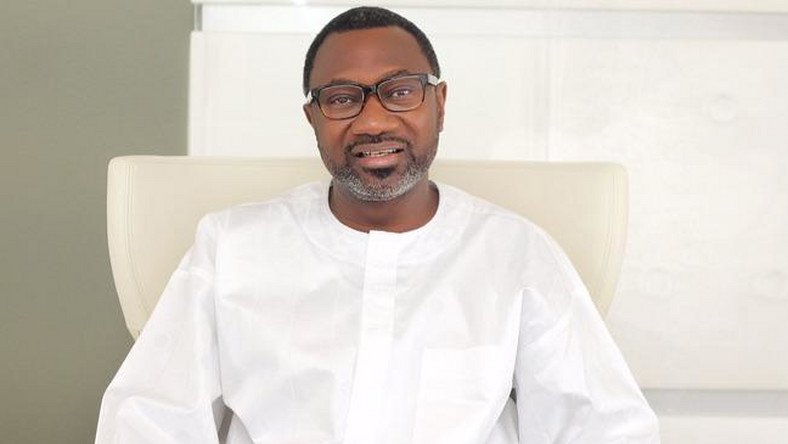
Femi Otedola, billionaire investor has revealed new details about the bold moves that defined his rise in Nigeria’s energy sector.
In an excerpt from his upcoming book, set for release this August, Otedola recounted a dramatic late-night negotiation that secured him a multimillion-naira diesel cargo.
The incident occurred while he was overseeing a fuel transfer at a depot. Off the coast, he spotted the Ocean Challenger, a vessel owned by Wale Tinubu, CEO of Oando Plc. The ship was scheduled to deliver diesel to one of Oando’s customers.
“At about 1 a.m., I called Oando’s operations guy and asked him to sell the load to me. He said it wasn’t possible,” Otedola wrote.
“So, I called Wale directly and told him I’d pay extra N6 per litre. Without hesitation he asked them to discharge it into my tank,” he continued.
According to analysis by Nairametrics, the cargo, an estimated 6 million litres, was valued at N180 million at N30 per litre(about $1.8 million at the exchange rate of N100/$1 which was prevailing at the time).
By offering an additional N6 per litre, Otedola added N36 million ($360,000) to the deal.
Quoting The Godfather, Otedola said: “I made him an offer he couldn’t refuse.”
Otedola foray into oil sector
Otedola’s entry into the oil business was anything but accidental. As the son of a former governor, he initially received diesel allocations through government-linked channels. But when political shifts cut off those supplies, he realized he needed a sustainable strategy.
He approached a private company for fresh supplies and, in a move that showcased his relentless ambition, offered to buy the entire depot.
The asking price was $4 million — yet Otedola proposed $20 million, effectively bidding $16 million above market value.
That aggressive posture marked the beginning of Zenon Petroleum and Gas in 2003, which would soon dominate Nigeria’s diesel market.
The Diesel King Era
By his 30s, Otedola had become a formidable player in commodity trading. With Zenon, he cornered a significant share of the diesel supply chain, winning major contracts from top Nigerian corporations.
His reputation as the “King of Diesel” was cemented by daring plays like the Ocean Challenger deal.
He later acquired African Petroleum, rebranding it as Forte Oil, and led a sweeping transformation that included diversification and improved corporate governance. Eventually, he exited the downstream oil industry, pivoting to investments in power and other sectors.
The forthcoming memoir promises more revelations of the risks, negotiations, and audacious bets that shaped one of Nigeria’s most remarkable business careers. (Nairametrics)

